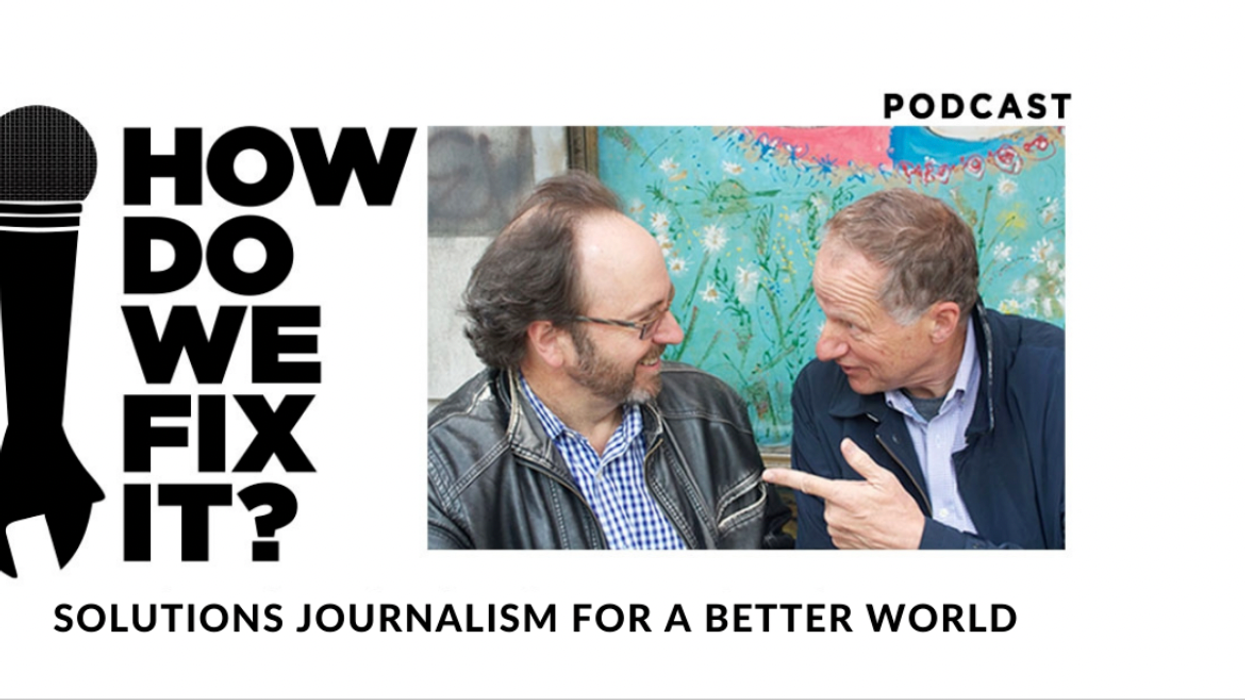What is the point of an education? Is it to learn skills that will help you get ahead in the workplace, or is it to acquire knowledge and to think more deeply about your place in the world?
In this episode we hear from an educator who thinks that the great books— Plato, Aquinas, Shakespeare for example— aren’t just for a few well-off students at elite colleges, but for everybody. And he says encountering these thinkers when he was a poor immigrant teenager from the Dominican Republic literally changed his life.
Roosevelt Montás is senior lecturer in American Studies and English at Columbia University. He is director of the Center for American Studies Freedom and Citizenship Program, which introduces low-income high school students to primary texts in moral and political thought, as well as seminars in American Studies including “Freedom and Citizenship in the United States.” From 2008 to 2018, he was director of Columbia’s Center for the Core Curriculum.
"There is a prevailing cultural attitude that liberal education— the study of literature and philosophy — is appropriate only to the elite," Roosevelt tells us. "That is a really pernicious idea." He argues that the students who benefit the most from the foundational wisdom in the "great books" come from poor and marginalized backgrounds.
But liberal education is under assault today in academia. We find out why.
Listen now




















Trump & Hegseth gave Mark Kelly a huge 2028 gift